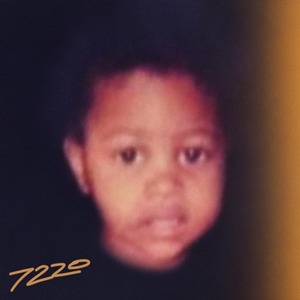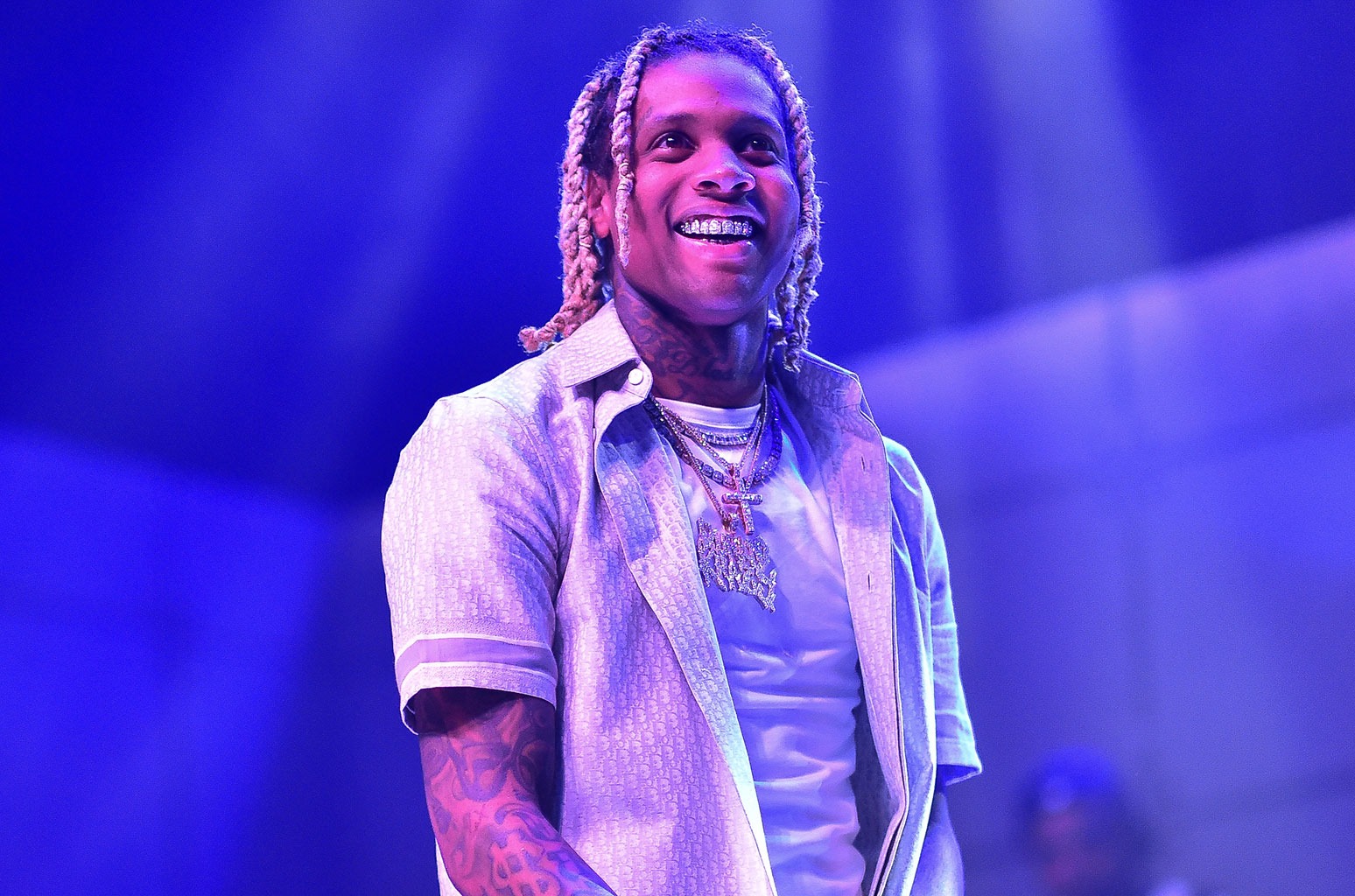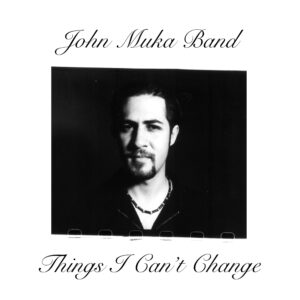LIL DURK “7220” REVIEW

Lil Durk is using a strategic approach. His perseverance and passion have propelled his desire for longevity in hip-hop since his rise to prominence in the early 2010s with releases like I’m Still A Hitta. From his time with French Montana’s Coke Boyz to signing his first major-label contract with Def Jam, which collapsed after two albums, he has jumped barriers. Though it wasn’t the case, moving from a vanity label to a large imprint can occasionally pay off for artists.
In search of a partner to aid in the establishment of the OTF empire, he severed ways with Def Jam and signed a contract with Alamo. Durk’s trip that made him an honorary Atlantan took him from the dangerous conditions of Chicago’s South Side to all corners of the world. His city of Chicago, though, is what makes him who he is.

In 7220, a thorough examination of the rapper’s early years, Durk returns to his roots for the glitz and glam, the glory and the suffering. The home where Durk was raised and where the story of Durk begins is where the project gets its name. On “Started From,” a painfully emotive intro that depicts Durk’s beginnings, sorrowful piano notes are played. “7220 is similar to my grandma’s address.
I have a complete tale. He opens the doors to the three-bedroom house where he, his cousin Nuski, and six other family members reside, saying, “I wanna get this off my chest. It is a retrospective work that details the trauma he had as a child and the people who, whether or not they were actively there during his childhood, had a huge impact on his life. Over the years, Durk has glossed over these stories, but as he gains access to a larger audience, 7220 gives him a platform to take charge of storylines that go beyond hip-hop blogs and Instagram pages, TMZ headlines, and Google Trends. Durk’s past is presented in 7220 from the viewpoint of overcoming hardship, highlighting the maturity of a newly engaged 29-year-old guy with more at stake than ever.

On “Shootout @ My Crib,” when Durk responds in-depth to news stories about the home invasion last summer, this is clear. Gun-toting bars are still common throughout the project, but when someone taunts Durk to go back to his former ways, he responds with the awareness that he is a breadwinner with more at stake than just losing online arguments. On the song, he raps with a clear sense of self-awareness, “I just deadass had a shoot-out at my crib, I hired guards/ I ain’t sittin’ down in jail doin’ life, I’m bein’ smart.” Before Drake’s “Laugh Now Cry Later,” he was one of rap’s most approachable features; now, he’s shifted his golden touch to securing the most top 40 hits on the Hot 100 in 2021. Durk, however, had many personal losses at this time, including the passing of King Von and the shooting death of DThang just weeks prior to the home invasion.
“Love Dior Banks” provides a close-up look at Durk’s patriarchal responsibilities and further clarifies the burden he bears as a parent who now also has to care for his nieces and nephews. The acapella prelude to “Love Dior Banks” is performed by DThang’s daughter, who laments her father’s passing. “Look up and pray in my palms/ Hold your brother in your arms, never let him go,” Durk sings, “as he rummages through the early stages of grief with inflections of despair in his tone.”

Durk has long since developed a reputation for being versatile, but he has now focused even more on this trait. Durk continues to be one of R&B’s most powerful advocates outside of the genre with “Different Is” featuring Summer Walker, and the cringe-inducing “Broadway Girls” featuring Morgan Wallace. On “Grow Up/Keep it On Speaker,” Durk goes even further into the country-trap-infused sound, bending his voice in a way that is reminiscent of Young Thug’s vocals on Beautiful Thugger Girls.
As he continues to perfect the formula that helped earlier endeavors like Love Songs For The Streets become so successful, 7220 continues to be Durk’s most well-rounded production to date. There are the heart-pounding passages of songs like “Pissed Me Off” and “AH HAAAA,” in which he sternly warns his adversaries. Then there are songs like “Headtaps” where he emphasizes the suffering and hardship of poverty and addiction with a perseverance-inspiring message.
The life of Durk is still an open book, a glossy notebook rife with dreams and confessionals. In the recent years, Durk has emerged as a sensation, transforming agonizing melodies into top 40 hits that have earned Grammy nominations. Durk’s abilities are on display in 7220, whether it is the TMI-filled croons that have become catchy earworms or the high-octane gritty delivery when he commits to drill.



